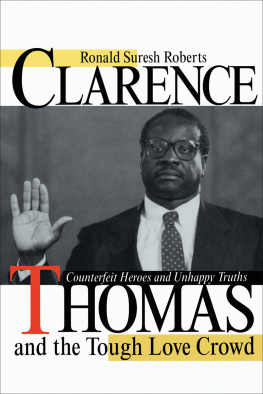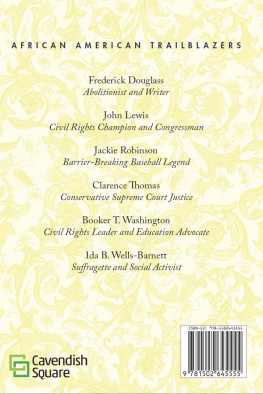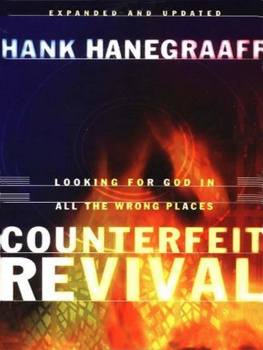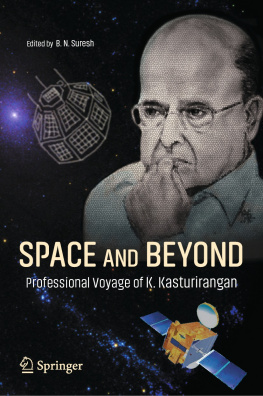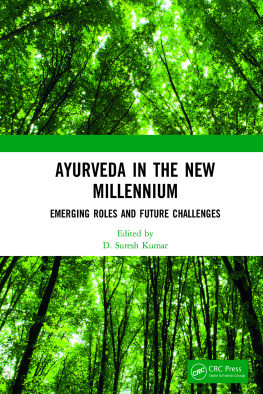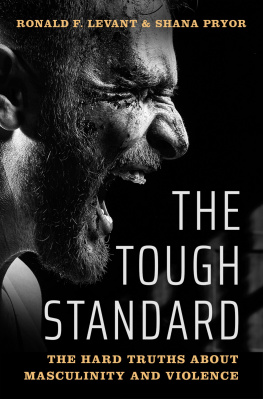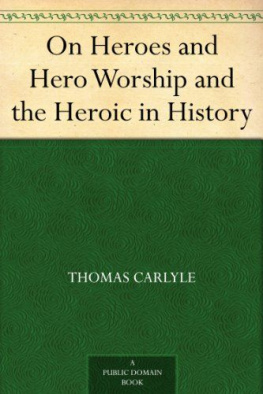Thank you for buying this ebook, published by NYU Press.
Sign up for our e-newsletters to receive information about forthcoming books, special discounts, and more!
Sign Up!
About NYU Press
A publisher of original scholarship since its founding in 1916, New York University Press Produces more than 100 new books each year, with a backlist of 3,000 titles in print. Working across the humanities and social sciences, NYU Press has award-winning lists in sociology, law, cultural and American studies, religion, American history, anthropology, politics, criminology, media and communication, literary studies, and psychology.
Clarence Thomas and the Tough Love Crowd
Clarence Thomas and the Tough Love Crowd
Counterfeit Heroes and Unhappy Truths
Ronald Suresh Roberts
NEW YORK UNIVERSITY PRESS
New York and London
1995 by New York University
All rights reserved
Library of Congress Cataloging-in-Publication Data
Roberts, Ronald Suresh.
Clarence Thomas and the tough love crowd : counterfeit heroes and
unhappy truths / Ronald Suresh Roberts.
p. cm.
Includes bibliographical references and index.
ISBN 08147-74547
1. ConservatismUnited States. 2. Afro-American intellectuals
Attitudes. I. Title.
JC573.2.U6R63 1995
320.5208996073dc20 9429895
CIP
New York University Press books are printed on acid-free paper,
and their binding materials are chosen for strength and durability.
Manufactured in the United States of America
10 9 8 7 6 5 4 3 2 1
For brothers Anil and Shastri, who are not ordinary.
And for my parents, who account for that fact.
Acknowledgments
Without Patricia Williams encouragement, and Rob Nixons advice and support, this book would still be an idea. I am also grateful to Richard Delgado, Andrew Ross, Drucilla Cornell, Antony Anghie, and Stephen Vas-cianne. Girardeau Spanns suggestions on an earlier draft account for a range of important improvements. Duncan Kennedy was provocative, and I am grateful to Steven Winter and Joan Williams for discussing with me my discussion of their work.
The book began, at Harvard Law School, with Randall Kennedys suggestion that I address, generally, the political responsibilities of intellectuals, and examine the (he felt) competing duties of political loyalty and truth-telling. But Kennedy was soon in an unusual position: both supervisor and subject. While his enthusiasm may have waned, his cordiality has not. Just after that early draft was finished, in mid-1991, Clarence Thomas was nominated to the Supreme Court.
I am hugely grateful to Niko Pfund, editor-in-chief of New York University Press, who took an early and instructive interest in the book, and to Roger Normand and Chris Jochnick who first told him about it. Danzy Senna and Omar Wasow taught me lots about America. Stephanie Flanders bravely read and commented incisively on earlier drafts. I am also grateful to Sarah Leah Whitson, Balram Kakkar, April Tash, Jen Stein, Guy Evans, Margaret Minister, Isabel Karpin, David Ellison, Armen Merjian, Stephen Blacklocks, and Dan Harris. Susan Kohlmann and John Pritchard provided indispensable support. Daphne Heywood taught me literature; Jane Stapleton, Paul Davies, and Andrew Ashworth taught me law; Nicola Lacey, legal theory; John Gardner and Stephen Mulhall, moral and political philosophy.
Preface: The Tough Love Crowd: Disciplined Heroes
Luckily, we have a fighting tradition.... The chain will never be accepted as a natural garment.
Alice Walker
The multiple cleavages within racial minority groups undermine the notion of a singular, subordinated racial minority interest. This comment appeared in 1993 in the Harvard Law Review, and black neoconservatism is widely taken as evidence of its truth. A number of African American professionals have made black neoconservatism seem more a movement than an eccentricity. Yet while there have been suggestions that upwardly mobile blacks will comfortably adopt the politics and outlook of middle America, others have emphasized the enduring rage of African Americas privileged class. Is this rage a problem that ought to be contained or a valuable political resource? Is it dysfunctional or rational? Does it reflect truth or delusion?
The performance of Justice Clarence Thomas on the Supreme Court has given such questions a renewed urgency. The Thomas appointment has given black neoconservatives their first conspicuous political power. The groups defining trait is Tough Love. They dish out harsh truths for other peoples good. They would elevate the familiar wisdom, spare the rod and spoil the child, to the policymaking arena. But does this homespun wisdom serve well in the charged setting of contemporary politics? Answering this question requires a close look at the work of several prominent Toughs.
Thomas Sowell (see ) is a professor at Yale Law School. He has written extensively on constitutional law, intellectual property, and other legal issues, and he first attracted widespread attention with the 1991 publication of Reflections of an Affirmative Action Baby. On the appearance of Carters second book, The Culture of Disbelief, President Clinton publicly suggested that everyone concerned with the place of religion in American politics ought to read it. (Carters subsequent Confirmation Mess, examining the Senates role in confirming presidential nominees, was also widely noticed.) Randall Kennedy is a professor at Harvard Law School and editor of Reconstruction, a journal on African American politics, society, and culture. He has written widely on American race relations law and issues of American legal history. His 1989 article, Racial Critiques of Legal Acade-mia, attracted much attention for its criticisms of critical race theory, a school of thought with which Lani Guinier and Derrick Bell are associated. Vidia Naipaul (see part 5, Tough Love International) was born in the Caribbean and has written both fiction and nonfiction concerning India, the West Indies, the Middle East, Africa, Britain, and the United States, among other places. Naipaul has won numerous British literary awards, and the British press routinely calls him the countrys greatest living writer. In 1990, Naipaul was knighted by the queen of England. With the publication of his latest book, A Way in the World, Sir Vidia continues to be revered by many of his British readers, and reviled by many of the postcolonial people he calls barbarians.
Without exception, these individuals present themselves as harsh truth tellers, motivated by concern for those they criticize. They urge that various orthodoxies are blind to harsh facts and therefore unable to offer meaningful solutions. A blurb on the back of Thomas Sowells book, The Economics and Politics of Race (1983), assures the hesitating book purchaser that Sowell has become one of the most ruthlessly honest social critics of our time. He may eventually be recognized as a partisan of the poor because his willingness to face bitter facts can contribute to our ability to help the poor in fundamental and lasting ways (emphasis added).
All the Toughs make claims like this. Even Naipaul, the Tough Love Crowds fiction writer, is often called a remarkable teller of social truth, and he has written more nonfiction than novels. Naipaul declared in a 1993 interview in the London

